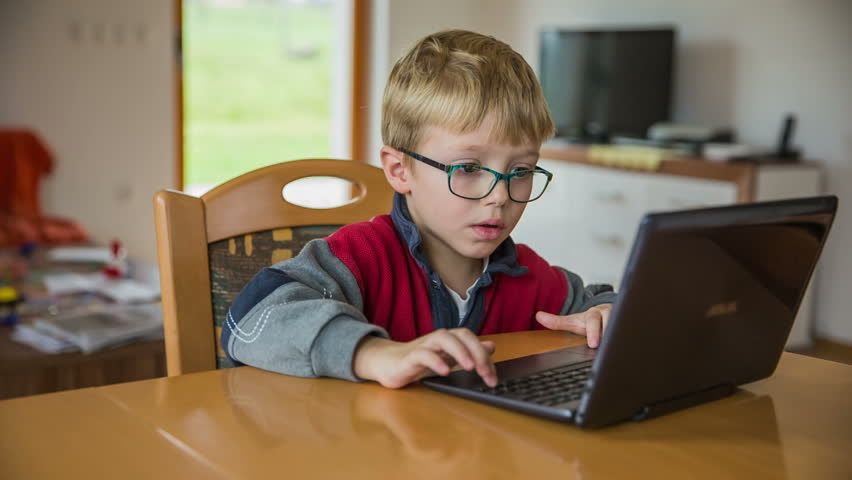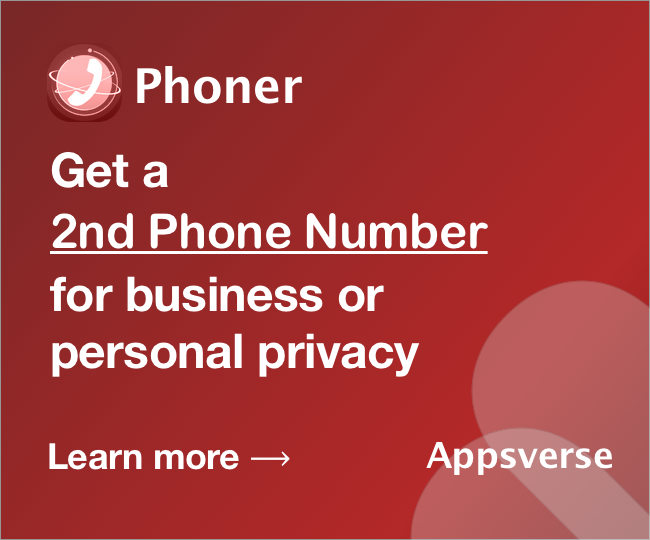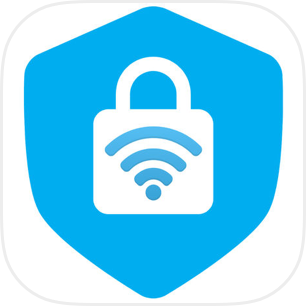With the growing freedom of the internet today, most of us can understand how dangerous the Internet can be. Even though we may be at least slightly aware as adults, children and teenagers are often at a greater risk on the Internet. The many social platforms that they typically engage in today make them vulnerable to a host of problems. Hackers and harassers are able to track their online activities much easier because of this. So, what can we do to protect kids from the risks of using internet for children?
What are some of the risks of using internet for children?
Risk #1: Cyber-stalking
Cyber-stalking is a type of cybercrime where a criminal uses technology to threaten or harass an individual or organisation. It is much like traditional stalking, now just made even easier (and often with relatively graver consequences) by the Internet.
Examples of Cyber-stalking:
✖️ Tracking IP Address: Stalkers can use spy tools to track the physical location of your children through their exposed IP Address.This makes them vulnerable to being stalked physically too.
✖️ Stealing of personal information: Hackers can use phishing links to collect usernames and passwords of unknowing children, resulting in their emails and social accounts being hacked. This poses additional problems such as identity theft or impersonation - If a kid was hacked, the hacker can pretend to be the him and lead to another kid being victimized too.
✖️ Using blackmail messages to extort or threaten the victim: Kids may encounter stalkers who create fake social media accounts and malicious websites to post untruthful messages or rumours to harm their reputation. They may even make use of such information to force their victims into performing acts against their own will.
Today, 95% of teens have access to a smartphone and 45% of them say they are on them ‘constantly’. Unfortunately, close to 39% of them fail to enable their privacy settings on social media. This means almost anyone on the internet can have direct access to their profiles and access whatever they have posted freely— it would not even take a hacker to target these potential victims.
Needless to say, women are at an even higher risk of cyber-stalking than men. The ratio of cyber-stalking stood at 60% women to 40% male, according to a WHOA report. Women have to take even more precautions when it comes to their online activities, especially when they are of legal age to participate in online dating services too. The other potential dates they meet on there can easily get their real name to find and track all of their online data and activities. This makes them open to being stalked, harassed, blackmailed and falsely slandered.
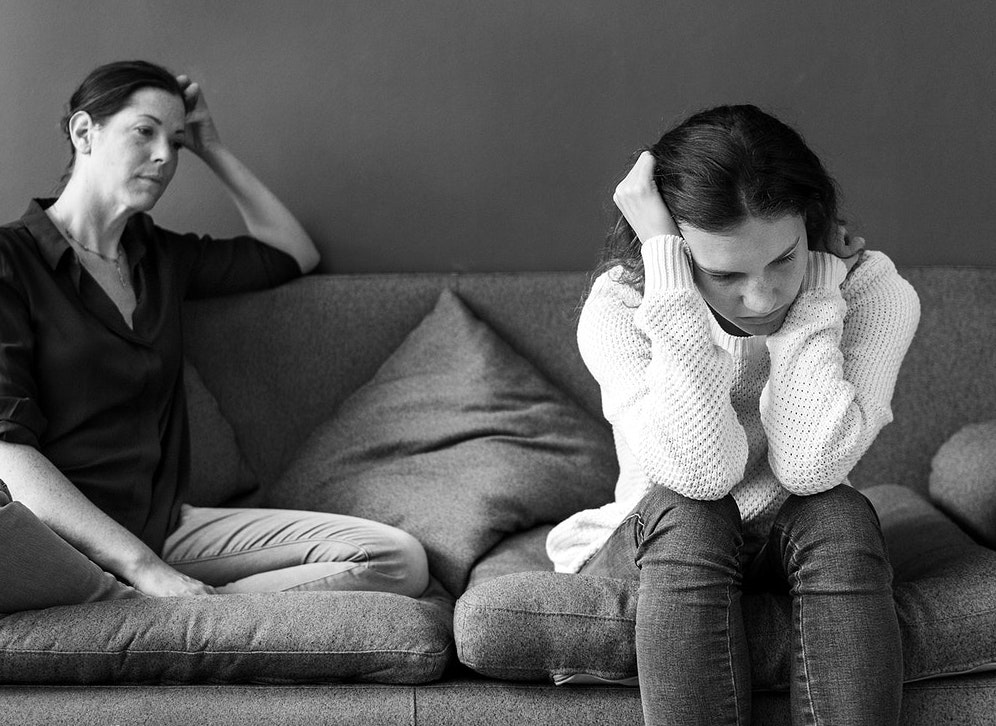
If you think only your teens are at risk, you are wrong. The increasing number of predators that prey on kids has multiplied the risks and consequences of children using the internet. According to the Crimes Against Children Research Center, 77% of the targets for online predators were age 14 or older. Another 22% were users ages 10 to 13. Shockingly, only 10% of teens tells a parent if they have been a cyber bully victim. Parents have to take greater precautions when it comes to child internet protection and knowing how to keep your kids safe online has become one of the most important aspects of parenting today.
Risk #2: Exposure to inappropriate material on the internet
The advent of the internet and the relatively unrestricted access to it means that the chances of almost anyone and everyone coming across explicit material, even accidentally, is aplenty. Whether it is an accidental explicit pop-up on a free game they are trying to download, or seeing an inappropriate video while scrolling through Twitter, or even chancing upon a forum that promotes and teaches self-harm, the risks of children being online are growing day by day.
Without proper kids web protection or a means of safe internet access, children could often be left feeling upset and confused at what they have chanced upon.
It is extremely common nowadays for children to join social media platforms like Facebook, Instagram and Snapchat, or join online games before the stated minimum age requirements. As a result, today, one in ten children aged 8 -11 who go online said they had seen something nasty or worrying online. This includes anything from sexually-explicit material to distressing images or videos of cruelty to people and animals.
Often, this is because of the social pressure they may feel from knowing their peers are engaging and having fun on these platforms. As kids, naturally, they do not want to miss out on all the fun they see their friends having.
This, however, multiplies the risks of children using the internet as they encounter matured content before they should or are ready. These developers or content creators on the internet may, however, take advantage of children’s curiosity on the online space. Many of the restricted content are purposefully placed in areas where they know kids would frequent, making them curious and enticed as to find out what it is. A click on their images or videos, however, could lead them to malicious websites.
These sites, if are download links, could have kids unknowingly download virus software and even tracking links that allow those developers to hack into your child’s laptop. In worst case scenarios, web hijacking could even happen, as a RAT is installed with a download, allowing the hacker to view your child through their computer’s webcam.
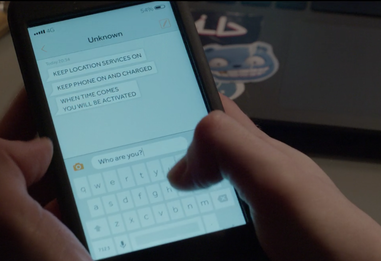
You are now able to understand how the risks of children being online are so heinous that it seems almost impossible to keep up with web developers and hackers in their ways of manipulating children. Protecting your kids online may be seem like a doomed plan, but all you need are these solutions.
What can I do to protect my kids online?
Solution #1: Internet Education
Now that you are at least aware of some of the common mistakes kids make online that heightened the risks of children being online, you could share a few tips for them to follow to protect themselves online. You will also want to share with them of the possible consequences of using the internet unsafely so that they know the importance of these steps.
These tips of course, do not only apply to kids, but are also useful in knowing how to protect yourself online.
✔️ Limit the amount of personal information you share online. Be careful especially with what you share with and on social media channels and any other online services that require personal details.
✔️ The best way to protecting personal information online is to not give them out, even if you have to. To do this, when many online platforms or people you interact with ask of your contact number, you could easily give them an alternate one.
BONUS: Phoner (click here for the Phoner Android version) allows you to protect yourself online with permanent or temporary second phone numbers. These numbers can be abandoned anytime you or your kid’s safety online is compromised and this app makes it easy to set up multiple accounts as well.
✔️ Create fake email accounts easily with any platform. Use these accounts that are separate from your personal mail account when you have to give out your email information to give you the freedom to protect yourself from online harassment.
✔️ Set your social profiles’ settings to private. This will ensure that only those that you have allowed to follow your page has access to what you post online, making it harder for hackers to target you.
Solution #2: Using a Virtual Private Network (VPN): The BEST method to keep your children safe online
Solution #2 is our favourite option to secure the best internet security for kids.
Virtual Private Network (VPN) services could help you surf the net extra securely by encrypting your data even before your Internet Service Provider receives it. VPNs will be the best way to protect not only your children, but your whole family online. This is because a VPN helps to conceal your real IP address, preventing anyone from finding out your real physical location and personal details of you or your family members.
You can download the VPN Vault as a recommended add-on to your home computers or laptops. Since most children will be surfing the net on their mobile phones, this app is highly recommended as a download on their mobile phones to keep the kids safe on the internet, wherever they are. This would ensure that cyberstalkers and hackers will not be able to track their physical locations, even when they are outside of their homes, where they are most vulnerable.
This is probably your best bet when it comes to internet kid safety software and knowing how to keep your child safe on the internet from the very real dangers of it translating into a physical threat.
Keeping your kids safe online
The risks of using internet for children has increased over the years. As parents, not only is it important that we keep up with the latest online trends to communicate with your children, it is also important to keep up with the imminent dangers children face online too to know how to keep your child safe on the internet.

 4.5/5 on App Store
4.5/5 on App Store
